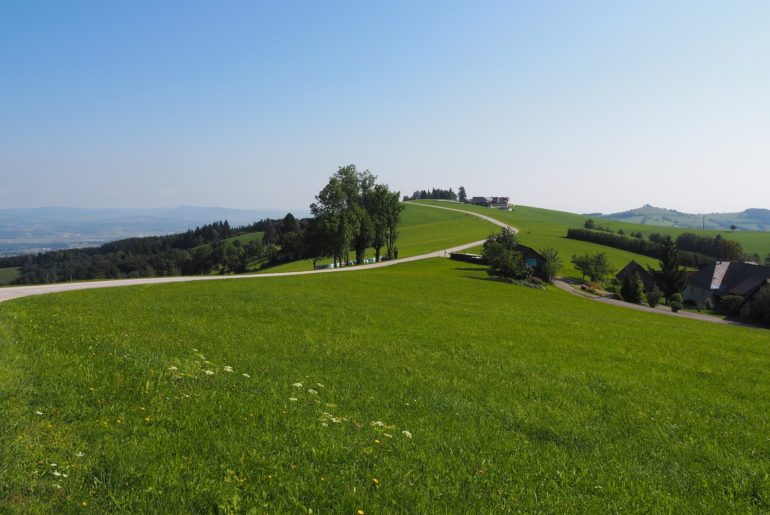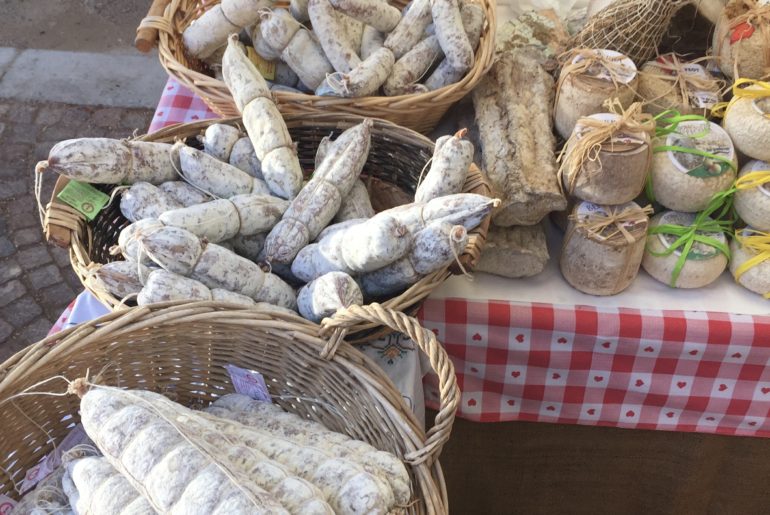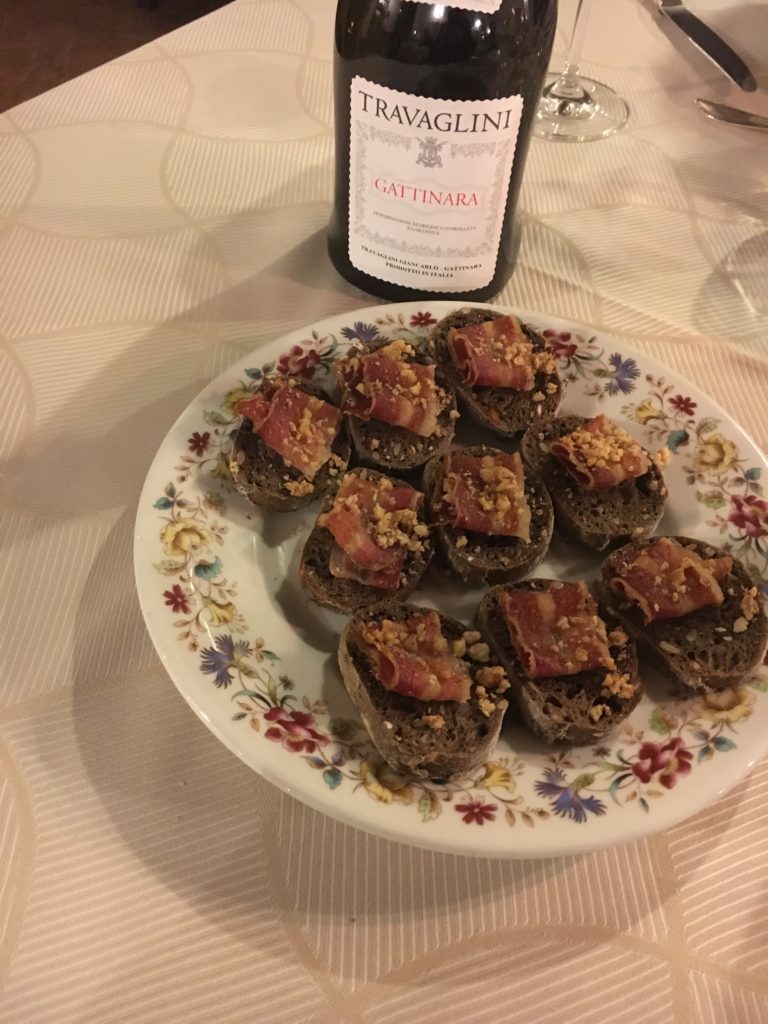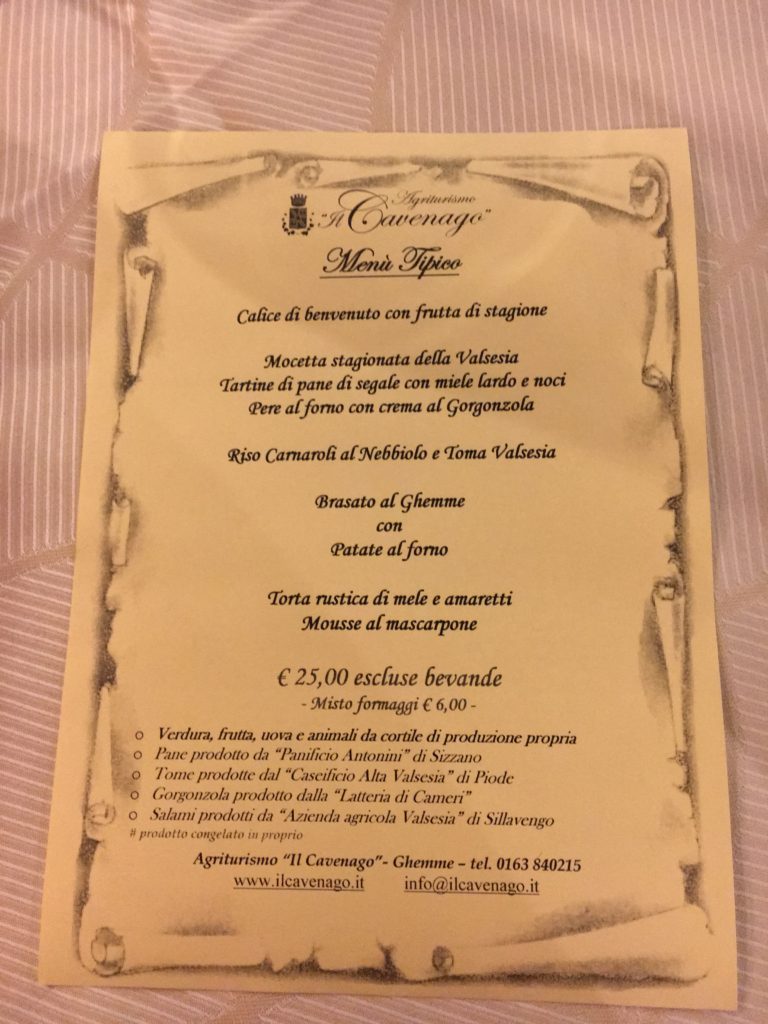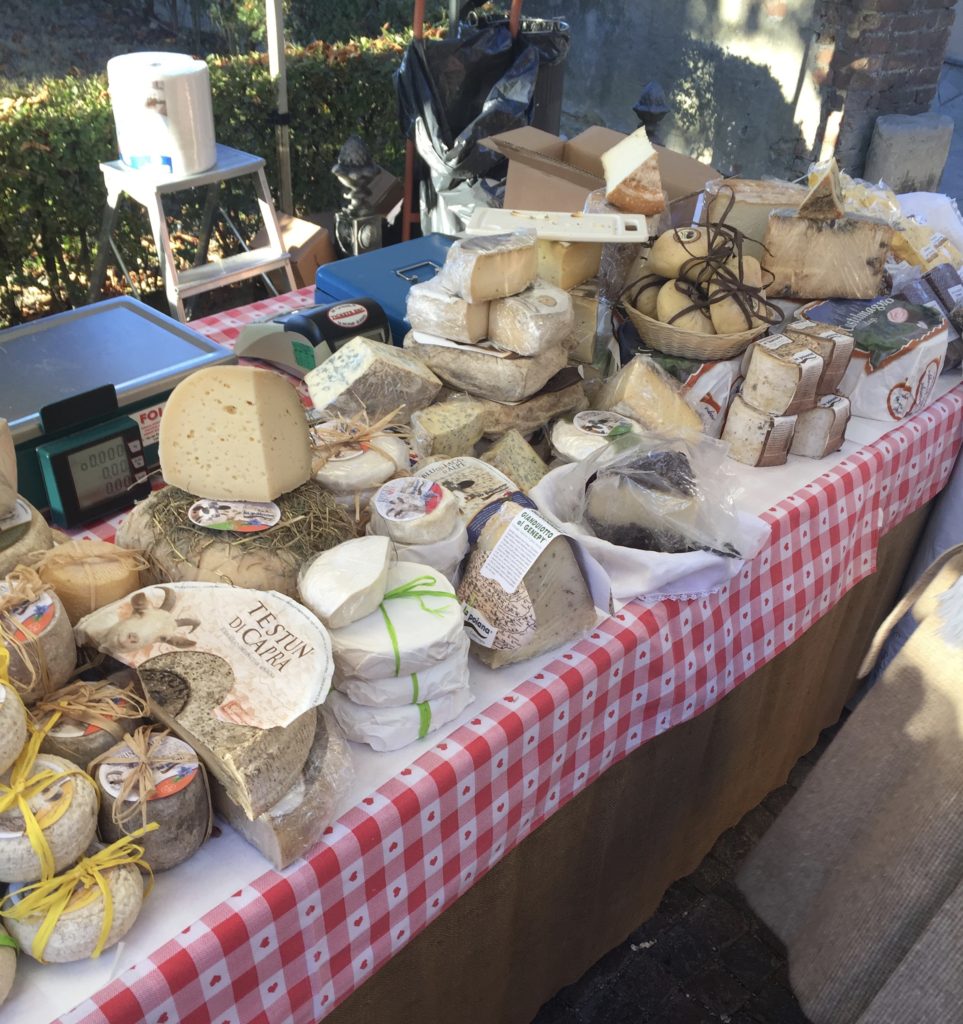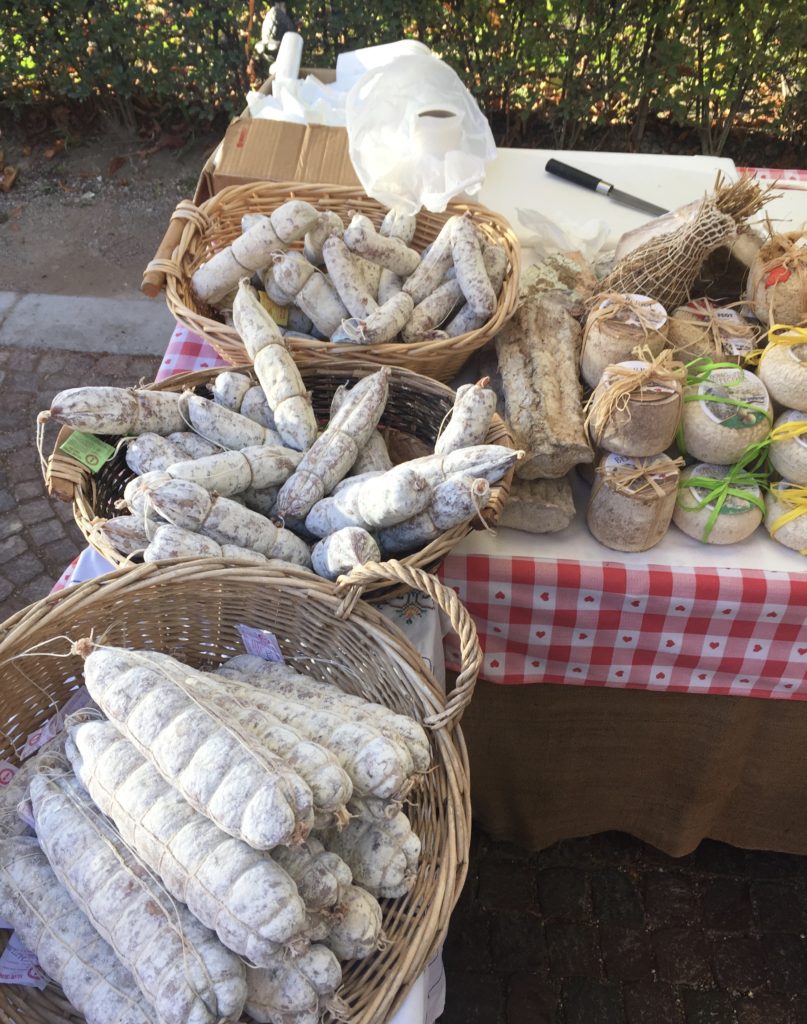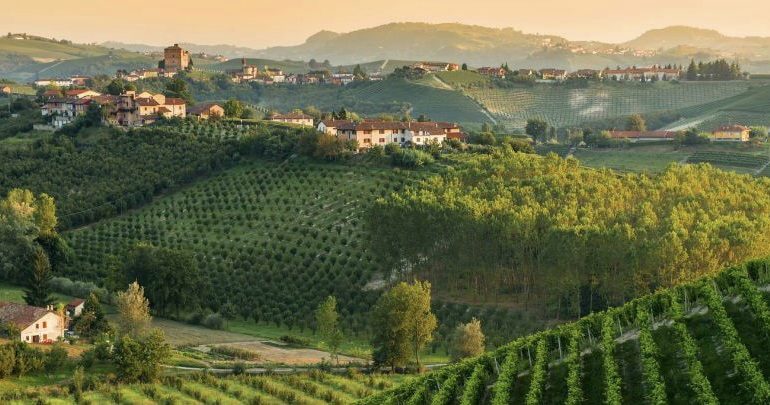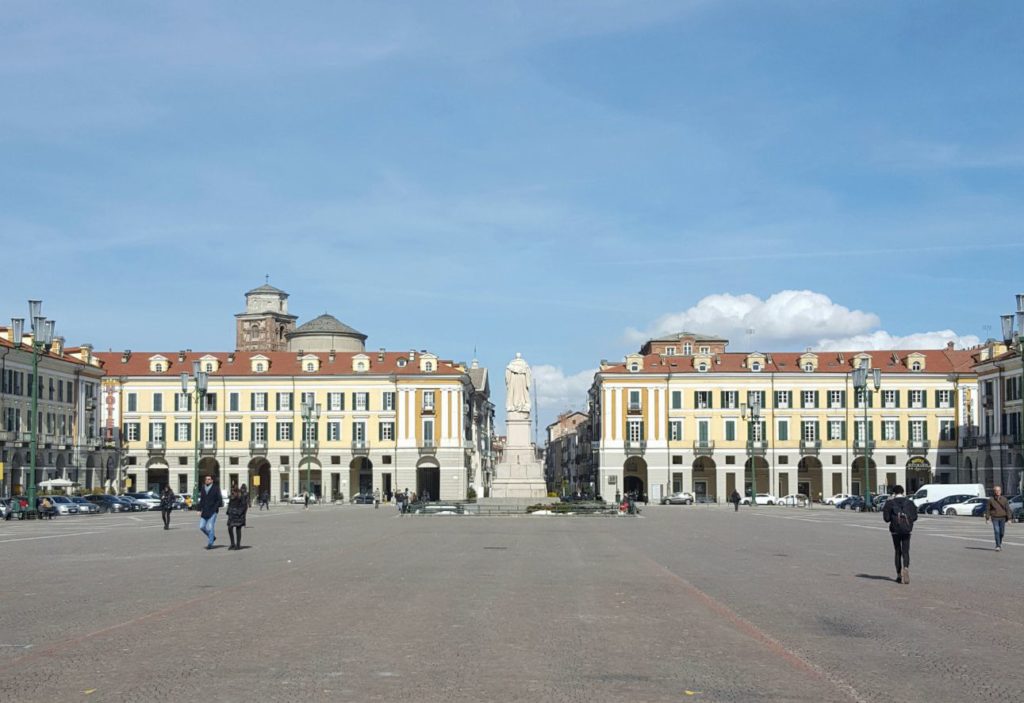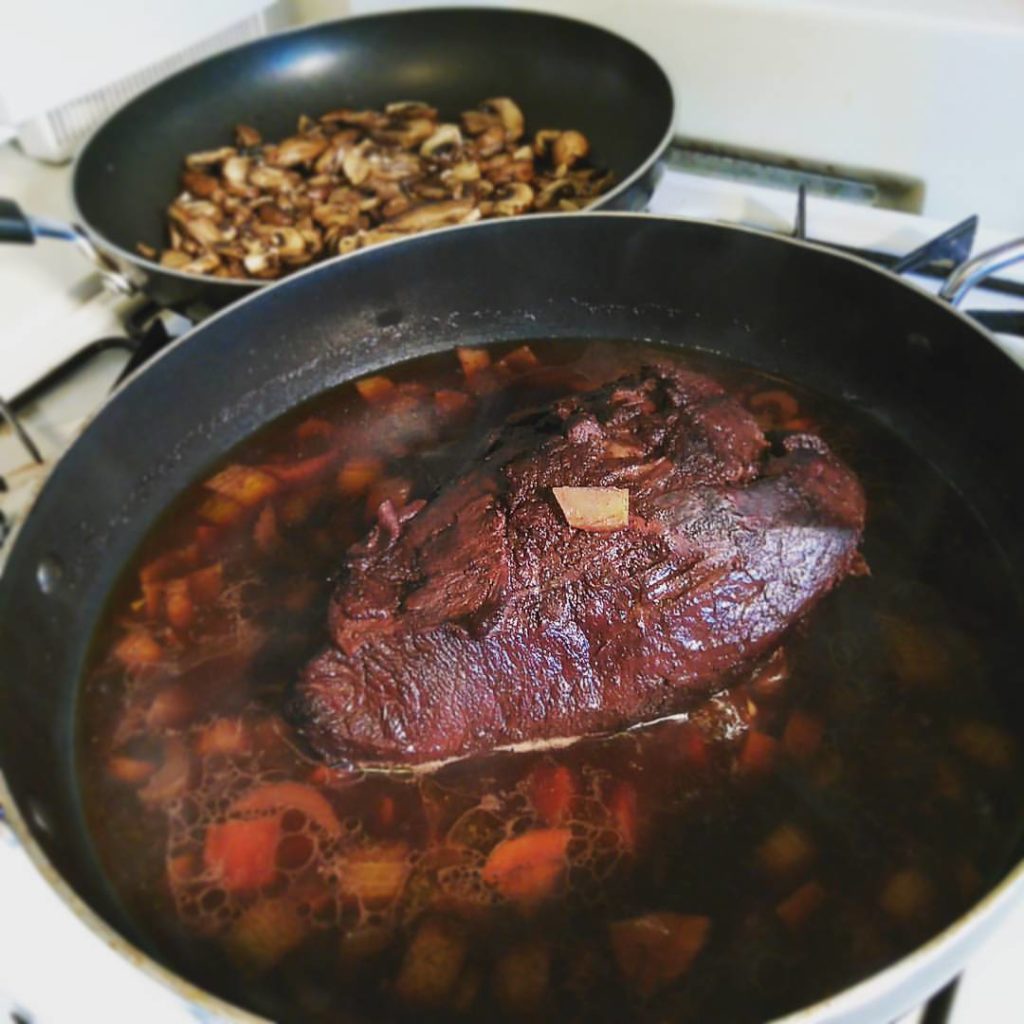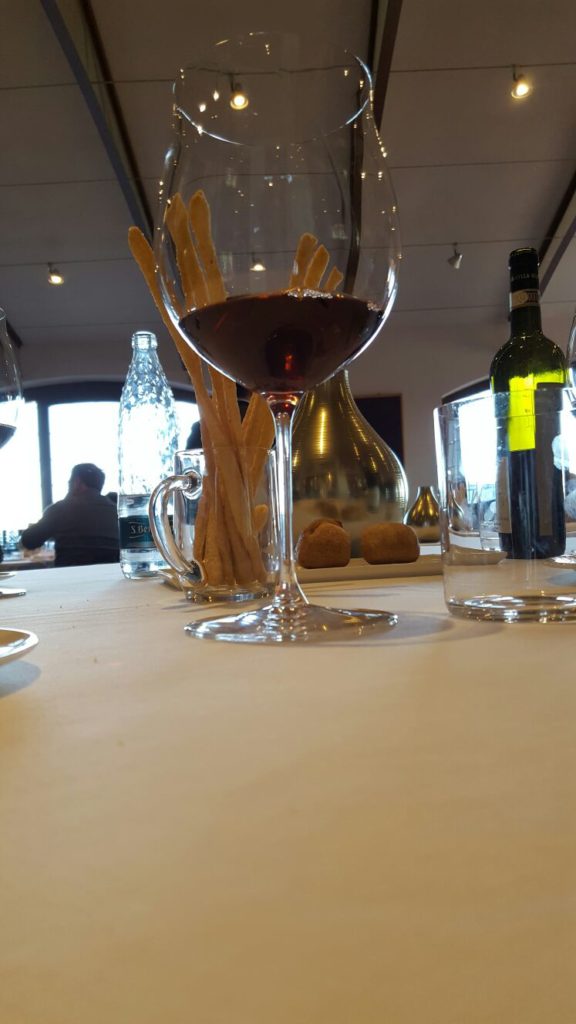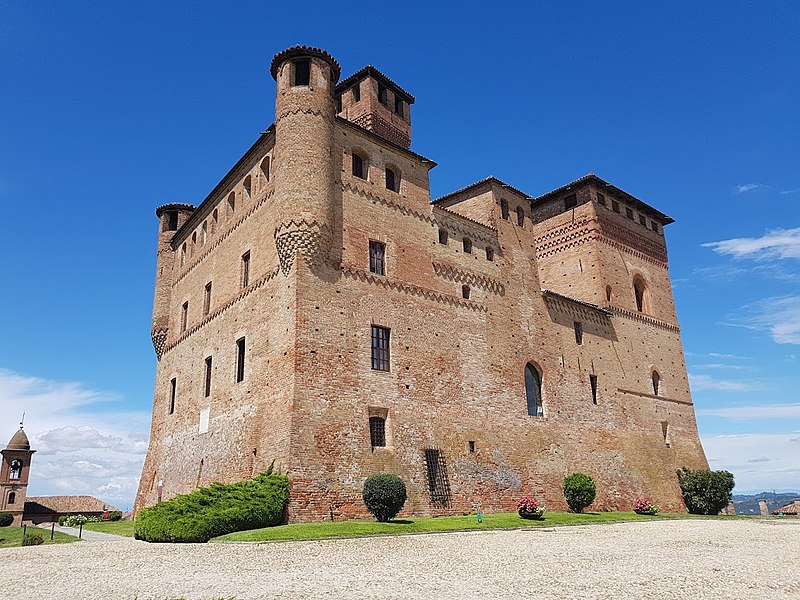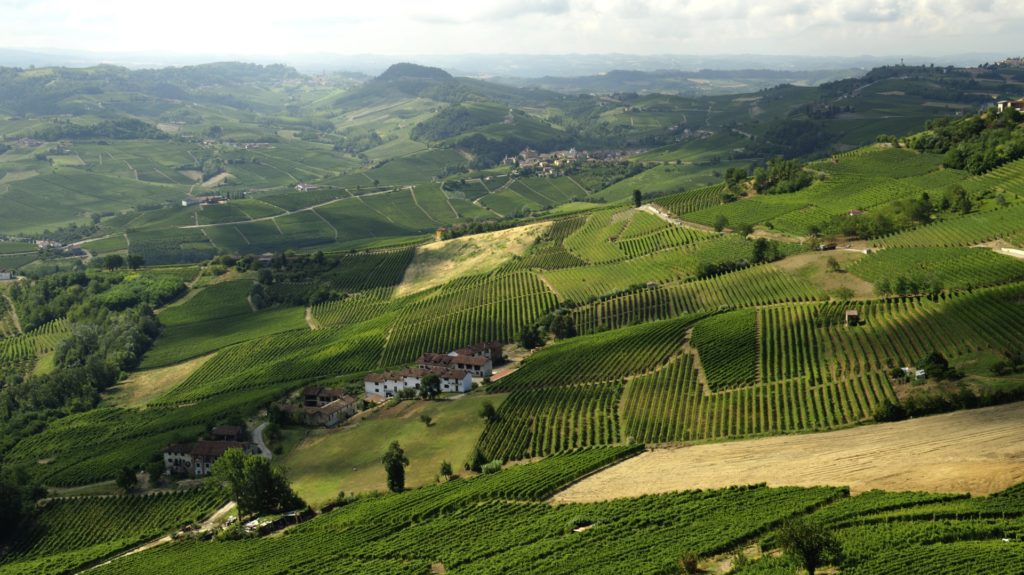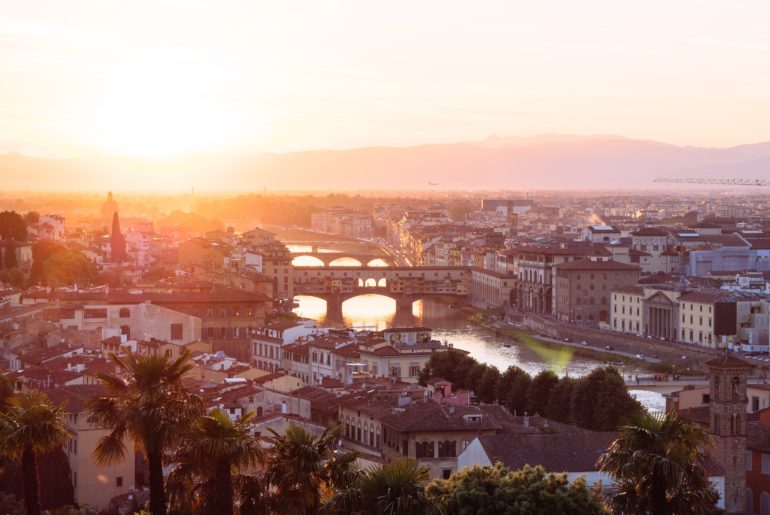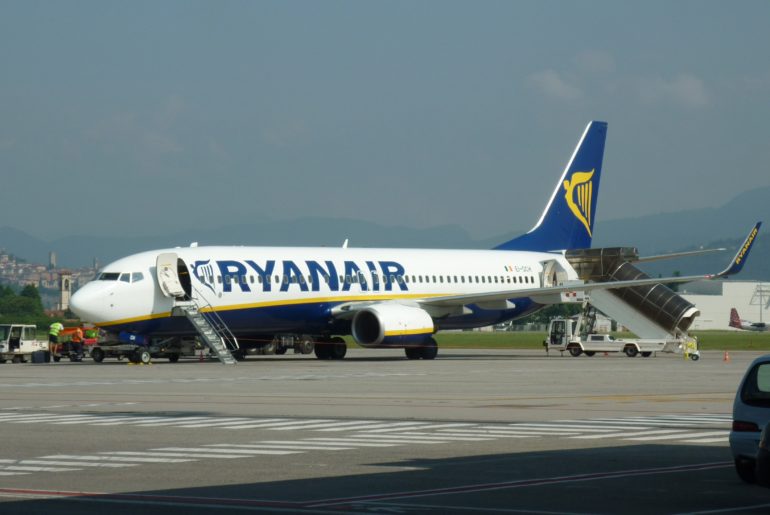When is the best season to be in Italy?
That’s the question that everyone asks me when we first consult. Italy is one of those destinations that is worth visiting all year round.
Let’s try to break it down as every traveler has different dates available and certainly different interests.
Late Spring or Early Summer
My personal favourite, when I travel with my family, is late spring or early summer – particularly the month of June.
School is almost out. Kids are not missing much school and the weather is perfect.
The not-so-hot weather allows for comfortable hiking, biking and sightseeing. Attractions are not as busy. We are even able to enjoy the beaches, the water and the sun.
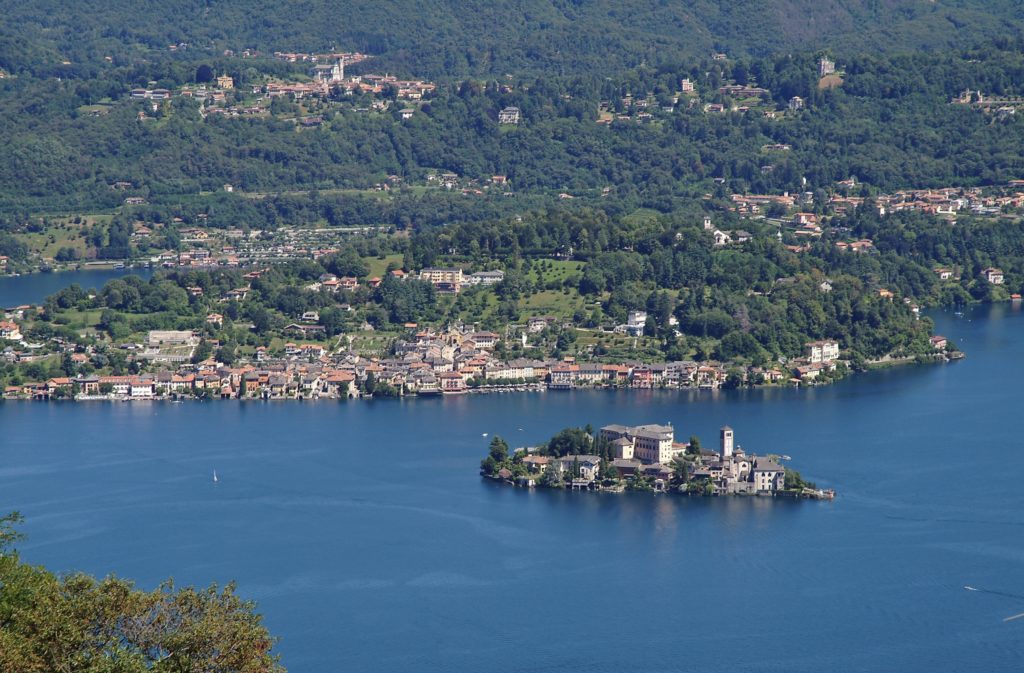
Prices tend to be reasonable. Hotels and agriturismi have more vacancies and are more willing to modify dates, if needed, since the high season hasn’t arrived yet.
L’ Autostrada (freeway), although always busy, is not overcrowded with tourists. Most Italians are still working at this time of the year. All the attractions, museums, castles and parks are open.
Visit my blog on 3 Thing to Know About driving in Italy to better understand the Autostrada
Early Autunno…Fall
That said, if I were to travel just with my wife or with an other couple I would opt for a late October, or early to mid November. This particular time offers warm days for leisure and cool mornings for great walks, hikes and mountainous excursions.
You can also wander through the streets of sun-kissed towns without sweating and melting away. Touristy towns are less visited. Hotels and accommodations are not so difficult to find and, in case you want to add an extra night, hotels can easily accommodate you.
The changes in the season brings beautiful colours to the countryside. Fall is ideal for visiting markets and autumn sagre. The food, well the food is probably the best during this season. Local ingredients and specialties are highlighted in the fall food fairs. Naturally, there are plenty of regional wines to go with all of those fall hearty dishes.
It’s the perfect season to be in Italy and exploring its culinary specialties. Early morning walks through vineyards or chestnut-treed hilltops help melt away the extra calories consumed the night before.
Christmas Season
If you choose to go in December then your choices are endless. The south still has a warm, fall-like weather but the northern regions can offer more options between low-altitude, cooler temperatures and possibly even skiing opportunities further up the mountains and in the Alps.
Usually the good snow doesn’t come until late December or well into January, but if you are willing to climb enough you can come across ski resorts that are fully functional.
Christmas markets or Mercatini di Natale adorn many mountain towns but major towns and cities do also a fantastic job in dressing their centri with lights and Christmas decorations.
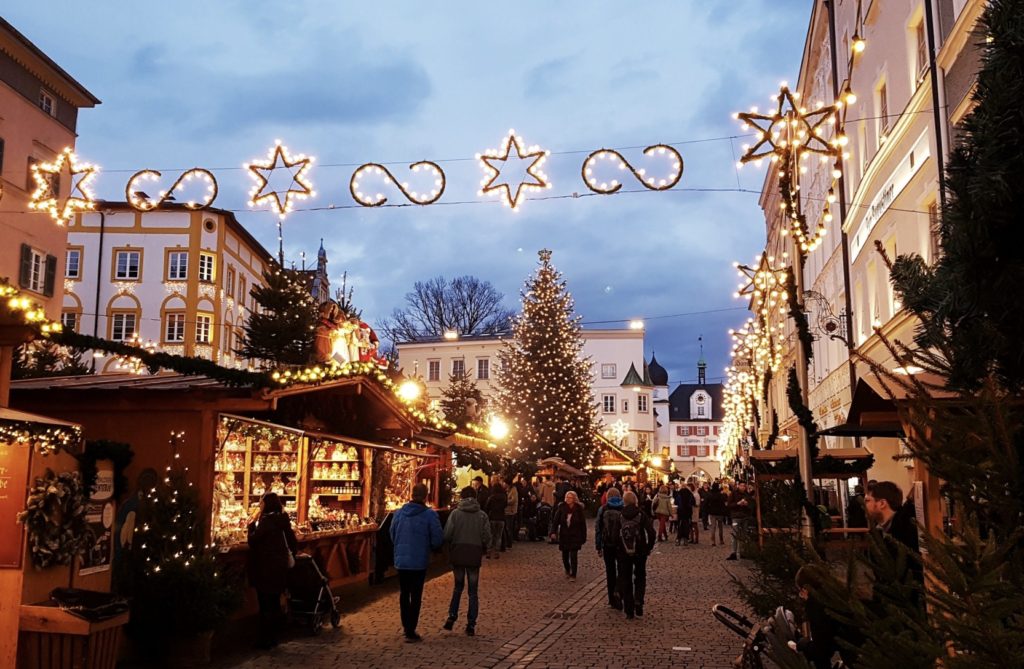
The warmth of the Christmas Season is visible throughout the country. There is nothing more cozy than to sit and people watch while sipping on a hot, thick cioccolata calda at a outdoor caffè.
Inverno…Winter
As in most of the Western world, days are shorter in the winter therefore you do have a limited daylight hours for sightseeing. Start earlier in the morning. If you are driving you may want to finish your journey while it’s still light. That way you can get a bearing on your destination and surroundings more easily.
Italy in February? Be prepared for Carnevale – especially if you are planning to visit Venice. Book well in advance – even one year prior. Expect to pay top Euros for those rooms in Venice or Viareggio.
Check out my blog on What You need to Know Before Booking Accomodations in Italy, to help you sleep better .
Plan well in advance. Be prepared for snow as well in hilltop towns and mountain terrains. Don’t be surprised if some cities in Northern and Central Italy get the white stuff. In some cases, quite heavily.
Usually snow doesn’t last long, but can interfere with your plans. If you are looking for a milder, possibly snow-free holiday during those months, then head south to Sicily, Sardegna, the Amalfi Coast, Puglia or even Rome.
Primavera…Spring
Spring in Italy brings the awakening of the country. It’s like opening all of your windows in the morning and taking in a deep breath of fresh air. Italy is one beautiful garden and no other season seems to bring that out like spring.
Il Bel Paese is rich in spring fairs, festivals and folklore events. All of Italy’s gardens are in full bloom. One of these is the Flower Show in Perugia inside the Giardini del Frontone, or if you are in Sicily, you can not miss the Tradizionale Infiorata di Noto. But those are just two of the many.
Because of the warmer temperatures biking, hiking are perfect activities if the sun is shining. Remember to bring along an umbrella because although the climate is milder it still rains at times.
In The Heat of Estate…Summer
That brings us to summer, mainly July, August and September. Summer in Italy is a frenzy of tourists from all over Europe and the rest of the world.
Add to the international mix, over 22 million Italians. Yes! One third of all Italians holiday in the summer in Italy so everything is more expensive and, naturally, busier.
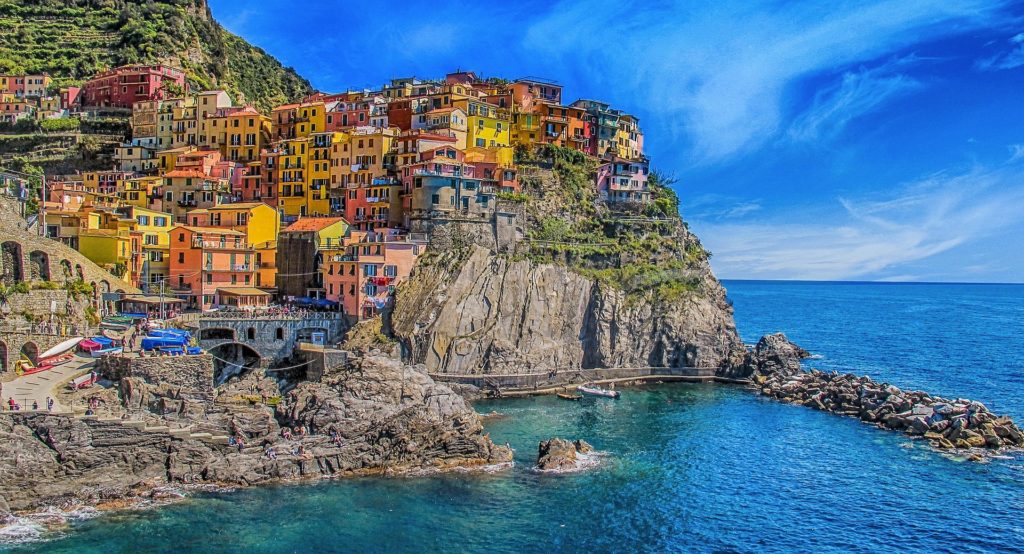
The good thing is that most Italians and many foreigners hit the beaches, therefore many areas with cultural interests are somewhat less busy. It’s also quit humid and hot so early morning excursions are the best. A late, late dinner is ideal.
Best places to visit in the summer are the beaches and those are all over the coast, but the lakes and mountains are ideal as the temperatures tend to be more favourable.
Cities such as Rome and Florence are hot and muggy, as I said, and there is nothing less appealing then slowly climbing the 330 stairs from the terrace to the Cupola of St. Peter Basilica while following fifty other sweating tourists.
Don’t get me wrong, it’s a must if you are visiting the Vatican. The Cupola is a masterpiece by Bernini and Michelangelo. (Both artists poured their efforts into its creation, but Fontana had to finish it as Michelangelo was already dead by then.)
It’s just that it would be more appreciated during a cooler month or, at the very least, very early on a hot summer day.
Anytime
Any time you have the opportunity to find yourself in Italy is a good time to discover this phenomenal country. Regardless if you have one weekend or one month, Italy is a must. Each corner of the country will amaze you.
So pick your dates, book the flight, and go! You will not regret it and best of all, visiting Italy once will make you want to go back over and over again.
‘Til then… Buon Viaggio.


